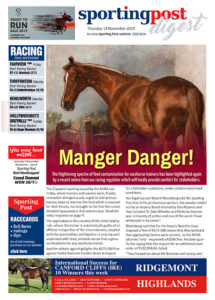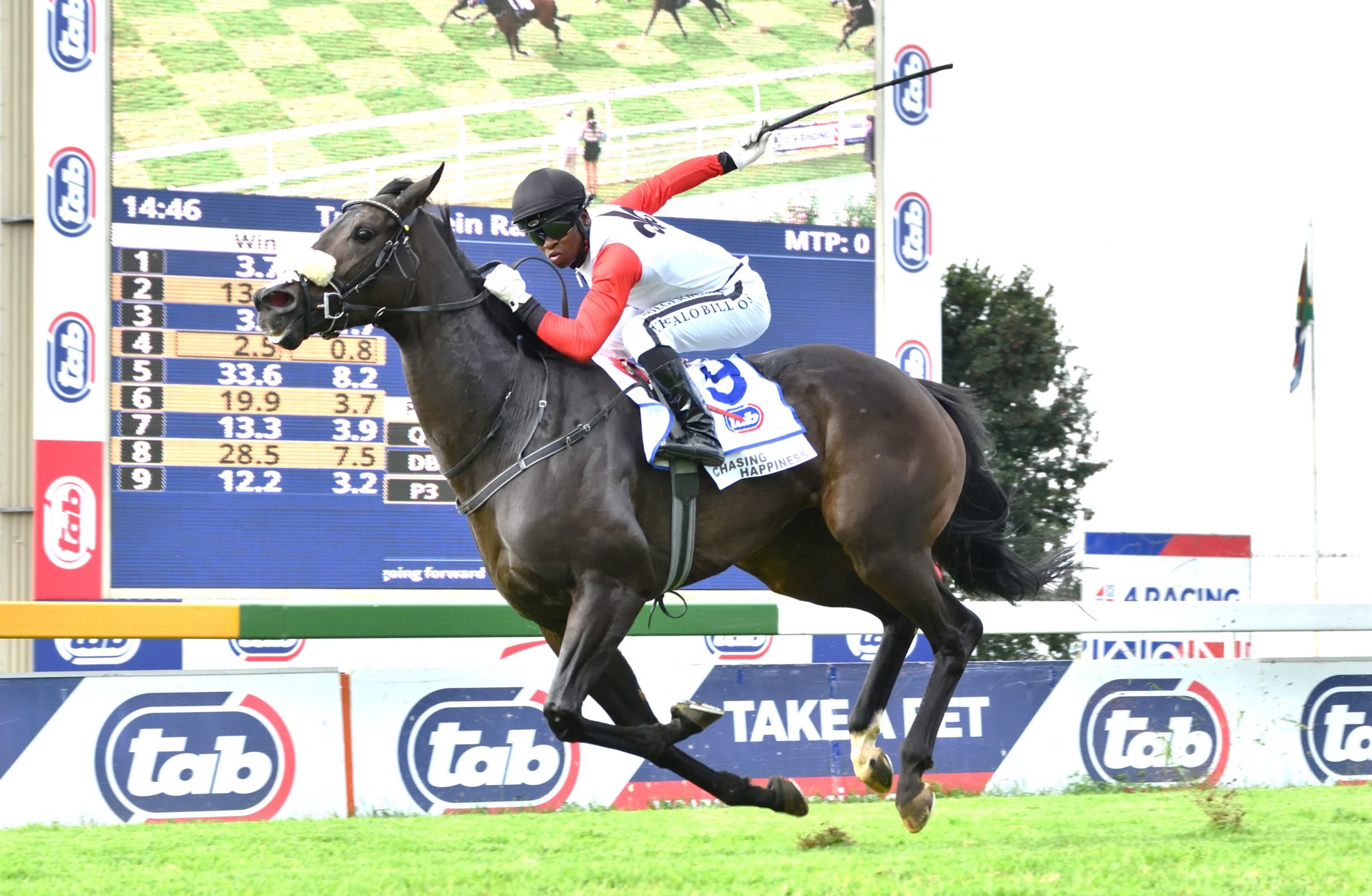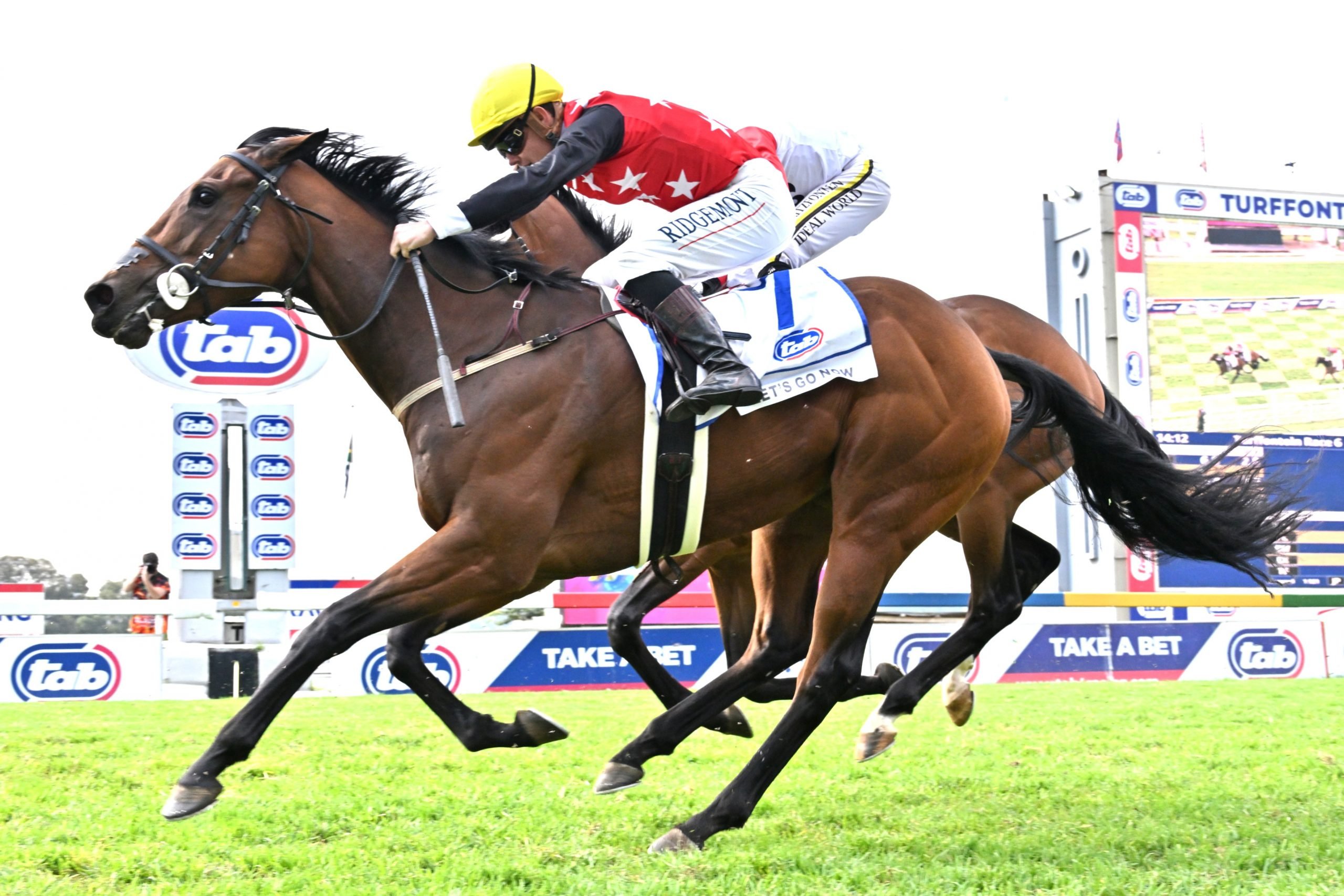The frightening spectre of feed contamination for racehorse trainers has been highlighted again by a recent notice from our racing regulator which will hardly provide comfort for stakeholders.
 The Zilpaterol warning issued by the NHRA last Friday, where trainers and owners were, frankly somewhat disingenuously, urged to take precautionary steps to monitor the feed which is sourced for their horses, has brought to the fore the career threatening quandary that trainers face.
The Zilpaterol warning issued by the NHRA last Friday, where trainers and owners were, frankly somewhat disingenuously, urged to take precautionary steps to monitor the feed which is sourced for their horses, has brought to the fore the career threatening quandary that trainers face.
The application in this country of the strict liability rule, where the trainer is automatically guilty of an offence irrespective of the circumstances, coupled with the practicalities and logistics in a racing yard associated with feed, presents worse than a genuine headache for any racehorse trainer.
And the debate again highlights the R175 000 fine for Yvette Bremner handed down in August for a forbidden substance, under contaminated feed conditions.
Her legal counsel Robert Bloomberg told the Sporting Post that in his professional opinion, the penalty meted out by an Inquiry Board chaired by Dan Mpanza and that included Dr Dale Wheeler and Nicholas Shearer, was ‘a travesty of justice and one of the worst I have witnessed in my career’.

Robert Bloomberg – ‘something has to change’
Bloomberg said that for the Inquiry Board to have imposed a fine of R175 000 means that they believed that aggravating factors were present, as the NHRA attorney ‘only’ requested a R150k fine. He does qualify this saying that the request for an additional costs order of R132,938.84, failed.
“They harped on about Ms Bremner not having sent her feed for testing after the calling of the positive, but we led evidence to the effect that this, and any specific batch of feed is used up in less than a week. The specimen was taken on 20 November 2017 and Ms Bremner notified thereof on 15 January 2018 – so what is the point in then sending a different batch of feed to be tested some 8 weeks later?” he asked.
Bloomberg points out that it is common cause that Ractopamine fortified pig feed was manufactured by RCL Foods (Epol) at the same plant in Pretoria, as the horse feed, at the time of the positive. It was only post the finding of this second positive resulting from the same source, that RCL then moved the manufacturing thereof to alternative premises.
 He says that the most compelling piece of evidence substantiating the defence’s submissions that this was clearly a case of feed contamination emanating from the RCL establishment, is that they (RCL) admitted in writing that ‘36 tons of racehorse feed, specifically muesli feed, is manufactured on the same line as the pig feed.’
He says that the most compelling piece of evidence substantiating the defence’s submissions that this was clearly a case of feed contamination emanating from the RCL establishment, is that they (RCL) admitted in writing that ‘36 tons of racehorse feed, specifically muesli feed, is manufactured on the same line as the pig feed.’
This evidence was placed before the Inquiry board by their own witness, Dr Schalk de Kock, who runs the NHRA laboratory.
“Dr de Kock, who obviously testified on behalf of the NHRA, but who astonishingly was allowed to also testify as an expert on behalf of RCL, specifically in respect of their testing procedures when he has never set foot on their premises, mischievously suggested that Bremner may having given supplements to her horses that inadvertently contained Ractopamine. In this regard, we furnished the NHRA with a full list of all supplements Bremner feeds and her vet Dr Ashley Parker testified that none of these contained Ractopamine. In respect of De Kock’s malicious alternative suggestion that Bremner may have deliberately sourced the Ractopamine herself, there was zero evidence in this regard, and this is treated with the contempt it deserves,” said Bloomberg.
He added that they also handed in samples of several different batches of feed purchased from RCL that clearly showed additional forms of contamination and had a witness, who was present when a certain contaminated bag was initially opened, testify.
Apparently RCL also do not have a ‘fool proof’ testing methodology as their procedure for sampling horse feed for Paylean (Ractopamine) at FDA laboratories only involves six 250g randomly selected archived horse feed code samples being sent for analysis.
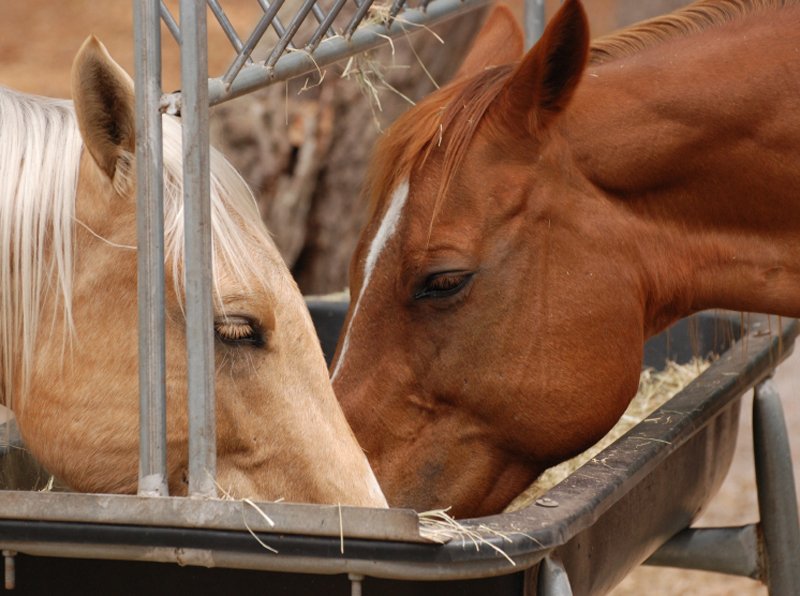
“Whilst the horse feed sample in the archive represents a whole run as it is a composite sample of all the batches in that run, the samples are so small that they cannot possibly cover every conceivable contamination eventuality,” he cautions.
The Sporting Post is aware that there have also been numerous Ractopamine positives previously in the USA and Canada.
Bloomberg agrees and adds that as the Inquiry Board is meant to adjudicate on a balance of probabilities, it is incomprehensible that they could even contemplate discounting the obvious.
“The only previous case of Ractopamine was in April 2015. The trainer concerned received an entry level fine of R100 000 of which R50 000 was suspended. In hindsight, and in the light of this matter, that trainer was done a grave injustice. The defence then was identical to now except that there was no point of reference at that stage. This case merely served to confirm what we previously believed. Consequently, and in my opinion, Bremner shouldn’t have received a fine at all, but at worst, should not have received a fine in excess of the precedent already set of R50 000,” he suggests.
As for taking the matter further, Bloomberg says that he can count on one hand the number of cases he has been involved in that have gone on Review to the High Court and he does not make such recommendations lightly.
“All have been successful. I strongly recommended that this case merited such action but obviously that decision is always up to the client. I have no doubt that a Court of Law would find the judgment fundamentally flawed. This was also a heaven-sent opportunity, not only for Bremner but also for the benefit of all trainers in SA, to challenge the interpretation of the ‘Strict Liability’ Rule, which I believe to be totally unconstitutional. Whilst this Rule is there for a reason to avoid skulduggery, it is the interpretation hereof in SA that is the real issue,” he adds.
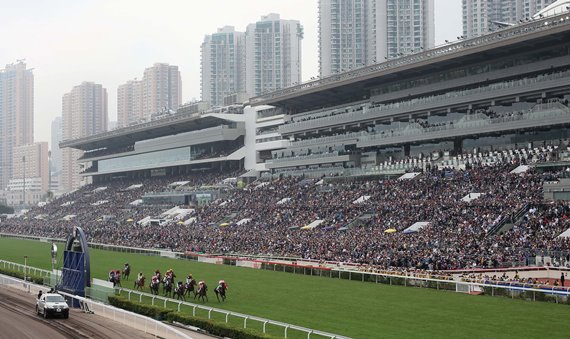
He tells us that in most of the first world major racing jurisdictions, such as the BHA and HKJC, if the trainer can show that all reasonable precautions were taken to prevent the finding of that positive, then they will not make a finding against the trainer concerned. In South Africa, the trainer is automatically guilty of an offence, irrespective of the circumstances.
“As a matter of interest, the HKJC sources, purchases and distributes the horse feed themselves which removes massive liability from the trainers. I’m sure all here would be most grateful if the NHRA followed suit,” he suggests, although the geographical logistics may differ vastly.
He suggests that he personally would never pay a R175 000 fine for purchasing contaminated feed beyond his control.
“I am well aware of the stress and emotional toll that this has taken on Yvette (Bremner) – I hope that the NHRA attorney is proud of himself, having reduced her to tears at the Inquiry. And in any event, she would have required the financial support of her partner Hedley McGrath and/or owner of the horse concerned, Braam van Huyssteen, to carry this forward. My only concern is that this now goes down, unfairly and unjustifiably, as an indelible stain on her record and places her in an unenviable position should she have another Class 1 prohibited or forbidden substance positive,” he concludes ruefully.
As we are in Africa, and what with the numerous Caffeine positives we have seen, in addition to Scopolamine and of late the warning pertaining to Zilpaterol, to name but a few substances, it is an indisputable fact that feed contamination positives remain a real concern for all trainers in this country.
Read more – click on the image below


